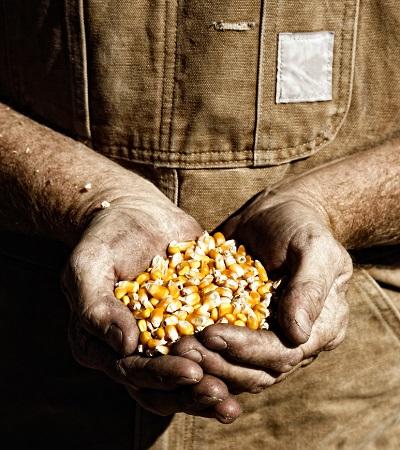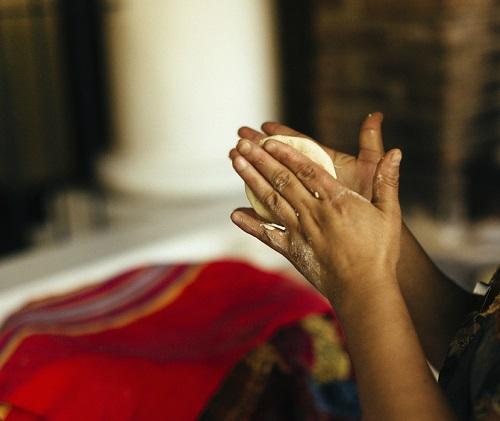
Image courtesy of Shutterstock.com
It was Valentine’s Day, 2001. I was eight years old when my parents and I crossed the U.S border from Zacatecas Mexico, in search of better opportunities that the so-called “American Dream” had to offer.
Through several generations my family made a living from agriculture; we grew corn, the maiz that gave us the warm fresh tortillas in the mornings and the sweet corn in the summer. However after the passage and implementation of the North American Free Trade Agreement (NAFTA) in 1994, every year became progressively more difficult to plant, harvest and sell our corn. It became cheaper to import the corn grown in the U.S. - making it impossible for my family and I to continue living in our small farming community.
Out of an act of love, my parents then made the decision to come to this country in search of a better life, as our family had grown its roots in Colorado with the bracero program. When we migrated to Colorado, we not only had to adapt to the language, we also had to adapt to the food that we had access to.
I went months without eating tortillas because they were so thin, and the preservatives made them smell like plastic. It wasn’t the same maiz that I was used to.
I remember my first day of school - walking into the cafeteria, I was really excited because I had access to a free meal during the day. I adapted to the pizza, chicken nuggets, french-fries and the bags of chips and sugary drinks that were on sale for just a few cents more.
I had steered away from the culture of fresh home-grown food and into the processed, high trans fat foods, because they were everywhere and affordable. At the age of eight, I somehow knew that fresh food was better for me; I also knew that my working class, immigrant, and underpaid family couldn’t afford it. The packaged processed food isles at the super stores were cheaper than the produce isle.
All of these factors lead to growing up with compromised health through my teenage years. At the crucial age of 14 I was overweight, with high cholesterol and a family history of deaths by diabetes.
I always knew I was undocumented, and I wished that by the time I graduated High School I would be legal or have a form of status. However that didn’t happen.
I began to organize in my community for immigrant student rights. After three years organizing immigrant youth and fighting their deportation cases, we won Deferred Action for Early Childhood Arrivals or DACA, a temporary protection from deportation and a work permit for qualifying immigrants.
I realize that our struggle does not end with legalization as communities of color, that even now with temporary legal status, low income, migrant and LGBTQ communities suffer from a lack of access to health resources, from wraparound health to the lack of access to fresh foods - even fracking wells are going into our communities.
As a Fellow with the Funder’s Collaborative on Youth Organizing and Health Justice youth organizer at Padres & Jóvenes Unidos in Denver Colorado I have an opportunity to organize youth to improve school and community health by returning to our roots and decolonizing our diets. I help youth understand collective action and the need to change systems because personal choices alone cannot ensure that communities of color and low-income communities have healthy, affordable food or community spaces for health and wellness.




The views and opinions expressed in this post are those of the author(s) and do not necessarily reflect those of MomsRising.org.
MomsRising.org strongly encourages our readers to post comments in response to blog posts. We value diversity of opinions and perspectives. Our goals for this space are to be educational, thought-provoking, and respectful. So we actively moderate comments and we reserve the right to edit or remove comments that undermine these goals. Thanks!